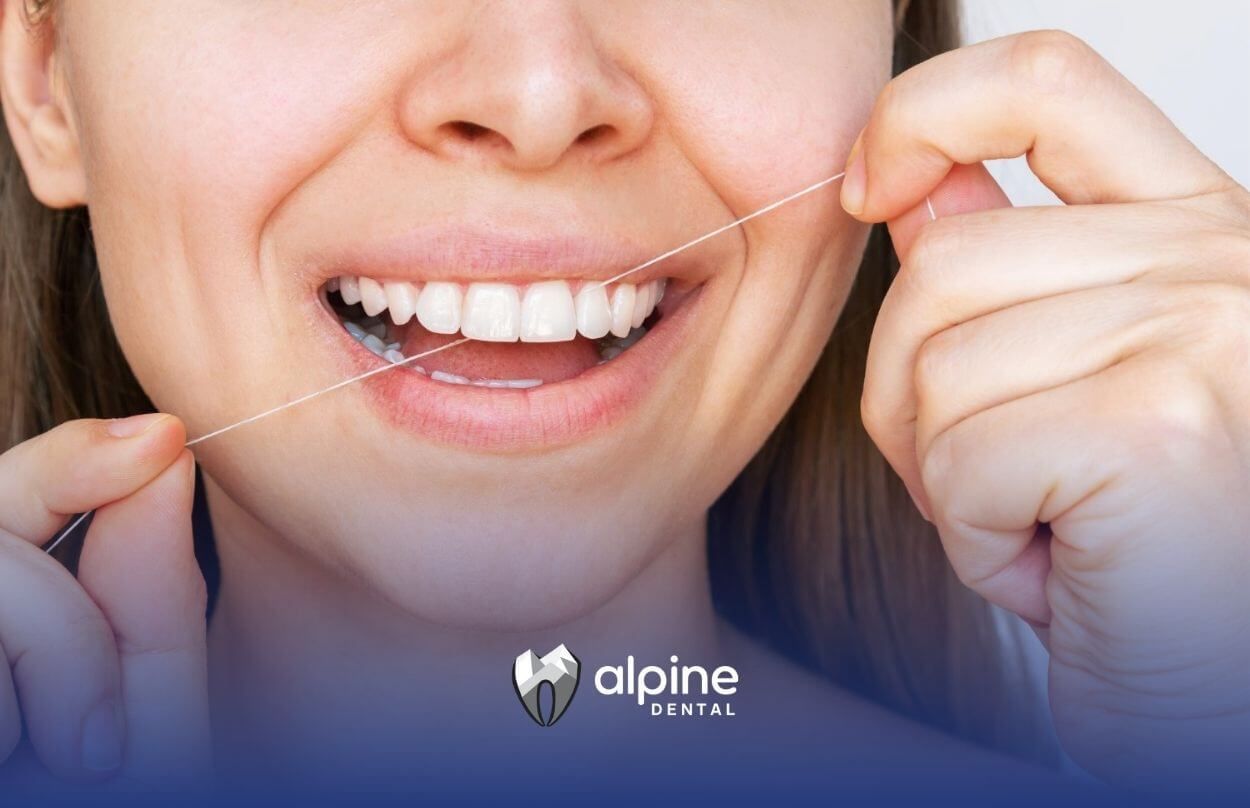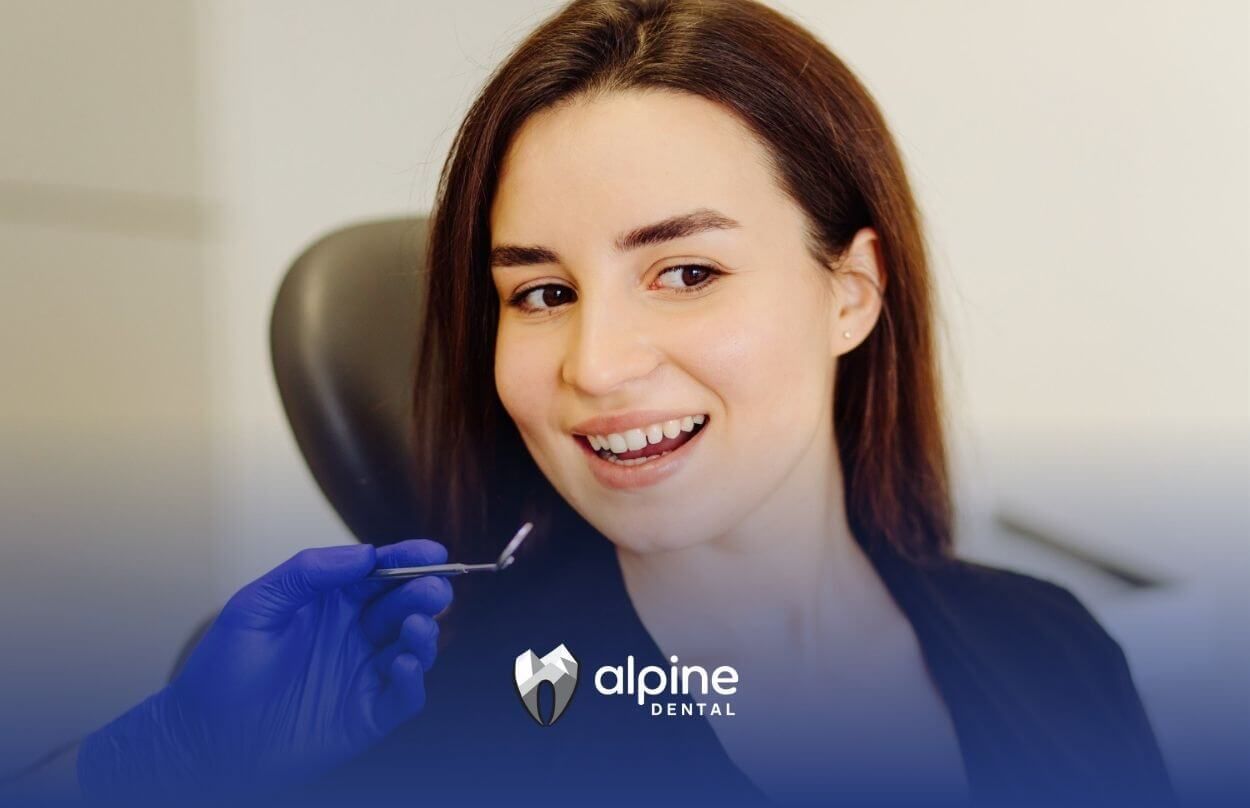What Is the Most Important Teeth in Your Mouth?
What Is the Most Important Teeth?
When it comes to your smile and oral health, every tooth plays a valuable role. From biting and chewing to speaking and maintaining facial structure, teeth are essential tools. But many people wonder: What is the most important teeth in the mouth?
While all teeth are important, some stand out due to their function, placement, and long-term impact on overall dental health. In this blog, we’ll explore which teeth dentists consider the most crucial, why they matter, and how to protect them for a lifetime of healthy smiles, with the help of dental experts.
Understanding the Role of Different Teeth
Before pinpointing the most important teeth, let’s take a closer look at the basic types of teeth and what each one does.
1. Incisors
- Location: Front and center (four on top, four on bottom)
- Function: Cutting food into small pieces
- Other role: Help with pronunciation and shaping the smile
2. Canines (Cuspids)
- Location: Next to incisors (two on top, two on bottom)
- Function: Tearing food
- Other role: Key in guiding bite alignment
3. Premolars (Bicuspids)
- Location: Between canines and molars
- Function: Crushing and grinding food
- Other role: Support facial structure
4. Molars
- Location: Back of the mouth (first, second, and third molars)
- Function: Chewing and grinding food
- Other role: Distribute chewing forces evenly
The Most Important Teeth: The First Molars
Most dental professionals agree that the first permanent molars are among the most important teeth in your mouth.
Why Are First Molars So Important?
- They Erupt Early: First molars typically emerge around age 6, making them the first of the adult teeth. Because they come in behind the baby teeth (not replacing them), they set the foundation for the entire dental arch.
- They Establish Your Bite: These teeth play a critical role in developing proper bite alignment (occlusion). Their position influences how other teeth erupt and align.
- They Do the Heavy Lifting: First molars handle the majority of chewing. Without them, it becomes harder to properly grind food, which can lead to digestion issues.
- They Anchor Future Orthodontic Work: Orthodontists often use first molars as anchors during treatments like braces. Losing them early can complicate correction plans.
- They Impact Jaw Development:
Because of their position and function, they affect how the jaw develops over time—especially during childhood.
What Happens If You Lose a First Molar?
Losing a first molar prematurely—whether due to decay, trauma, or gum disease—can lead to:
- Shifting of other teeth
- Misalignment of your bite
- Difficulty chewing
- Jaw pain or TMJ issues
- Increased risk of tooth wear and fractures
- Possible need for braces or restorative treatment
Are Front Teeth Important Too?
Absolutely! While the first molars are foundational, the front teeth (incisors and canines) also play vital roles:
- Aesthetics: They define your smile
- Speech: Help with sounds like "s," "f," and "th"
- Biting: Critical for biting into foods like apples and sandwiches
Losing front teeth can significantly impact confidence, speech clarity, and even your social life.
The Role of Premolars and Second Molars
Though less often talked about, premolars and second molars are essential for maintaining chewing efficiency and a balanced bite. Damage or loss of these teeth can throw off your bite and increase wear on other teeth.
Wisdom Teeth: The Least Important?
Third molars, commonly known as wisdom teeth, are usually the least important for function. In fact, many people have them removed because they:
- Frequently cause crowding
- Are prone to impaction
- Can be difficult to keep clean
While not always harmful, wisdom teeth aren’t essential for chewing or appearance and are often considered dispensable.
Most Important Teeth by Function
| Function | Most Important Teeth |
|---|---|
| Chewing | First Molars |
| Biting | Incisors |
| Tearing | Canines |
| Speech and Appearance | Incisors & Canines |
| Bite Alignment | First Molars |
How to Keep Your Most Important Teeth Healthy
1. Brush Twice Daily
Use fluoride toothpaste and a soft-bristled toothbrush to gently clean all surfaces of your teeth, including the molars.
2. Floss Every Day
Flossing removes plaque from between teeth and helps prevent gum disease and decay, especially in hard-to-reach back teeth.
3. Visit Your Dentist Regularly
Routine dental checkups (every six months) allow your dentist to monitor the health of your molars and other key teeth.
4. Use a Mouthguard if You Grind Teeth
Bruxism (tooth grinding) wears down molars and can damage enamel. A night guard protects them during sleep.
5. Avoid Sugary and Acidic Foods
Limit sodas, candies, and acidic fruits to protect enamel from erosion and cavities.
6. Consider Sealants for Children
Dental sealants can be applied to first molars in kids to prevent decay during critical development years.
What If Your First Molars Are Already Missing?
If you’ve lost your first molars due to decay or extraction, don’t worry—there are options:
- Dental Implants: A permanent replacement that mimics natural tooth roots and helps preserve bone
- Bridges: A fixed option that replaces missing teeth using neighboring teeth for support
- Partial Dentures: Removable replacements that restore chewing function
Restoring lost molars is crucial for preventing shifting, bite issues, and jaw discomfort.
Children and the Importance of Early Molar Care
Parents should pay special attention when a child’s first permanent molars erupt around age 6. These teeth don’t replace baby teeth and can often be mistaken for temporary ones.
Tips for Parents:
- Schedule a dental visit when the first molars appear
- Ask your dentist about fluoride treatments and sealants
- Teach your child how to brush all the way to the back of the mouth
- Limit sugary snacks, especially sticky candies and soda
Final Thoughts
So, what is the most important teeth in your mouth? While every tooth matters, the first molars stand out due to their early development, foundational role in bite alignment, and essential function in chewing. Preserving these teeth—as well as incisors, canines, and other molars—is key to lifelong oral health.
To ensure your teeth stay strong and functional, regular dental visits are essential. Whether you need preventive care, a filling, or a tooth replacement, our team at Alpine Dental is here to support your dental journey with expert care and personalized attention. Contact us today!
Frequently Asked Questions
Why are first molars considered the most important teeth?
First molars are the first permanent teeth to erupt and play a crucial role in bite alignment, jaw development, and chewing function.
Can you chew properly without molars?
Molars are essential for grinding food. Without them, chewing becomes inefficient and can lead to digestive issues and jaw strain.
How can I tell if my child’s molars are permanent or baby teeth?
Permanent first molars usually appear around age 6 and do not replace baby teeth. A dentist can confirm their status with an exam or X-ray.
Sources:
- https://www.medicalnewstoday.com/articles/326754
- https://www.nature.com/articles/s41415-024-8012-5
- https://www.webmd.com/oral-health/wisdom-teeth
- https://dentistry.uic.edu/news-stories/importance-of-flossing/
- https://www.mayoclinic.org/diseases-conditions/bruxism/symptoms-causes/syc-20356095




